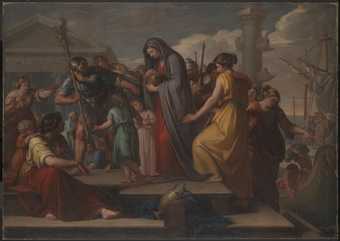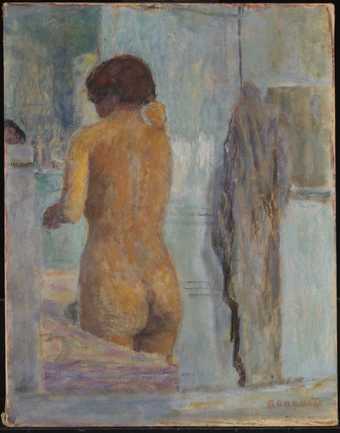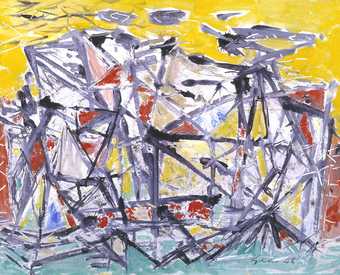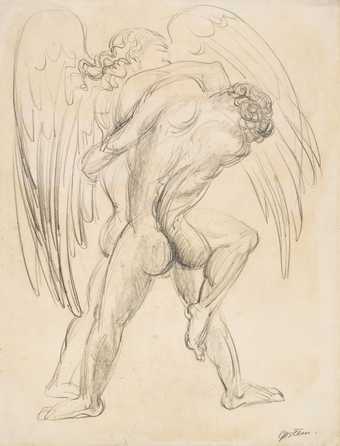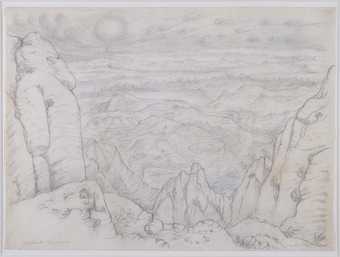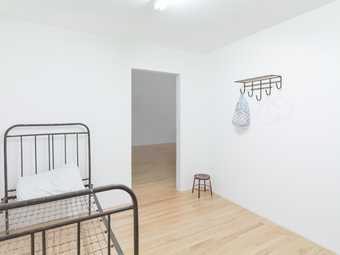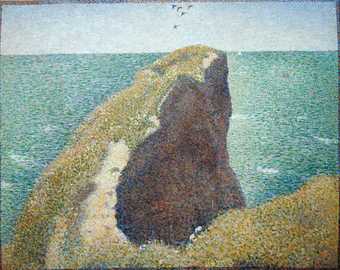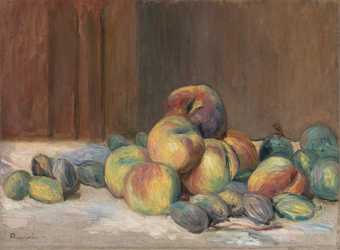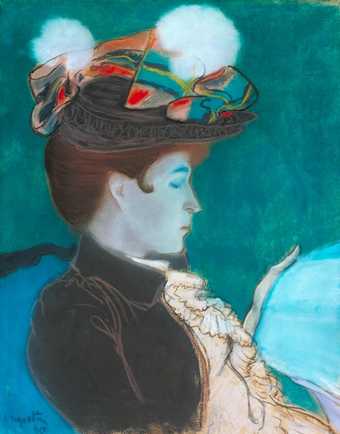
Louis Anquetin
Girl Reading a Newspaper
(1890)
Tate
The original École des Beaux-Arts emerged from the teaching function of the French Académie Royale de Peinture et de Sculpture, established in Paris in 1648. In 1816 the Académie Royale school moved to a separate building and in 1863 was renamed the Ecole des Beaux Arts.
The basis of the teaching was the art of ancient Greece and Rome, that is, classical art. But anatomy, geometry, perspective and study from the nude were also part of the curriculum. In 1663 the Académie founded the Prix de Rome, a hugely prestigious prize that gave winners a prolonged visit to Rome to study classical art on the spot. In 1666 the Académie also founded a branch in Rome to provide teaching and a base for these students. Subsequently most major French cities established their own École des Beaux-Arts. The Prix de Rome was abolished in 1968 as a result of the student revolt of that year.
By the end of the nineteenth century the École des Beaux-Arts had become deeply conservative. This led to independent rival schools springing up in Paris, such as the Académie Julian and the Académie Colarossi. The École remained the basic model for an art school until the foundation of the Bauhaus in 1919. Most of the illustrious names in French art passed through the École up to and including some of the young impressionists.

